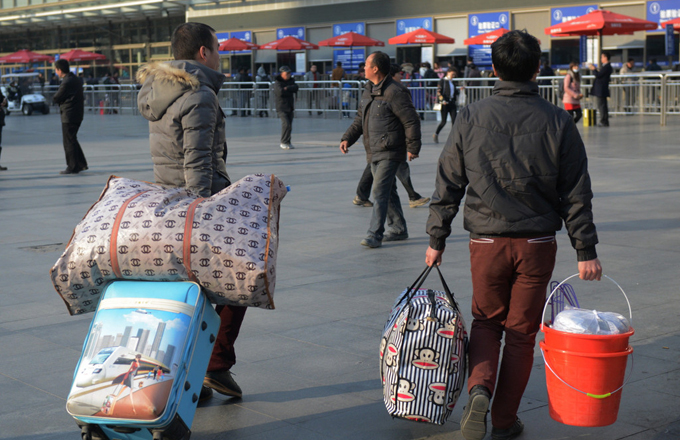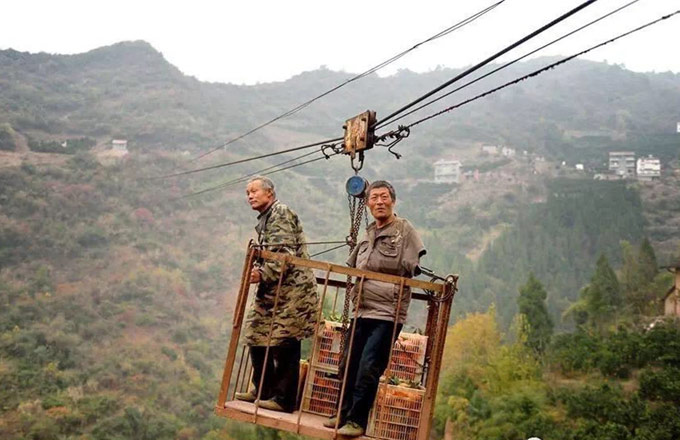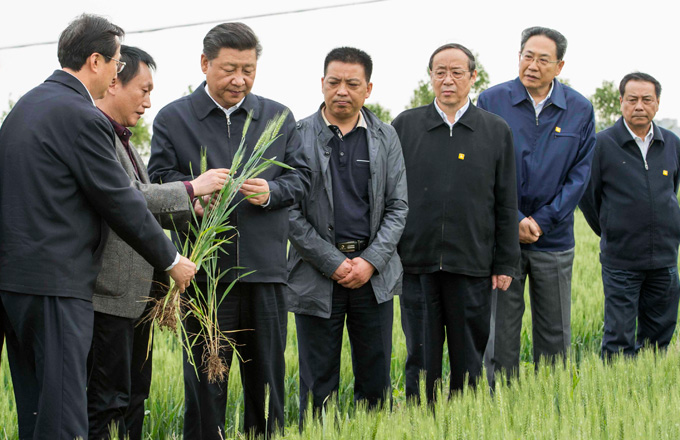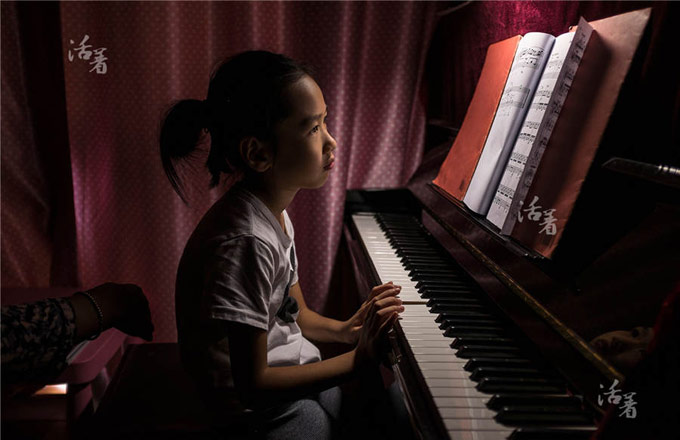China's reform roadmap gets clearer
BEIJING -- Chinese government departments will be put in the hot seat in the upcoming fortnight as political advisors and legislators will push them to implement the reform consensus cemented by the new leadership of the ruling party.
On March 3 and March 5, the National Committee of the Chinese People's Political Consultative Conference (CPPCC), China's political advisory body, and the National People's Congress (NPC), the parliament, will separately convene their annual sessions for the first time since the Chinese Communist Party (CPC) launched its new leadership late last year.
Chi Fulin, director of the China (Hainan) Institute for Reform and Development, a domestic reform think tank, expects the meetings to shed light on China's future reforms as NPC deputies and CPPCC members will make proposals to the government on issues concerning people's livelihoods and state affairs.
Without a clear reform roadmap in sight, analysts say there remain questions marks over how far China's new leaders can go in reforms, especially in terms of the areas crucial to stability and development.
According to the forecast of Byron R. Wien, the vice chairman of Blackstone Advisory Partners who has announced his annual list of "Ten Surprises" predicted in economic, financial and political fields since 1986, China's new leaders will surprise the market in 2013 by implementing reforms to root out corruption, to keep the economy growing at 7 percent or better and to begin to improve healthcare and retirement programs.
The Shanghai Composite Composite will finally come alive and "A" shares will rise more than 20 percent in 2013, in contrast with the previous year when Chinese stocks were down and some developing markets, notably India, rose, he forecasted.
Byron defines a "surprise" as an event to which the average investor would only assign a one out of three chance of taking place but which he believes is "probable," having a better than 50 percent likelihood of happening.
Byron was not available to elaborate on his forecast on Chinese leaders' reforms.
Chi Fulin said the uncertainty of the reforms mainly resulted from the complexity of the task.
"A main challenge facing China's new leaders is how to strike a balance in the interest adjustment among stakeholders to secure both stability and development potential of China," said the think tank director.
Special:
2013 NPC & CPPCC
- China to reform income distribution
- CPC solicits opinions on govt reform
- CPPCC spokesman addresses press ahead of conference
- Press gear up for 1st session of 12th CPPCC
- Migrant worker deputies increase in NPC
- Full Text: Work report of NPC Standing Committee
- Highlights of NPC Standing Committee work report
- Medical reform in crucial stage
- Draft targets improving reform projects


















